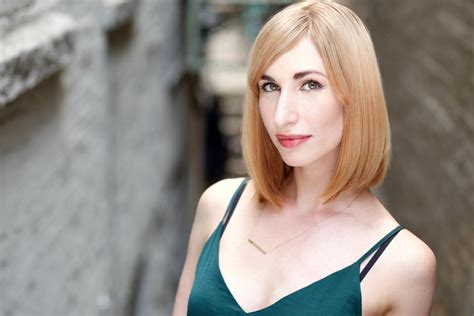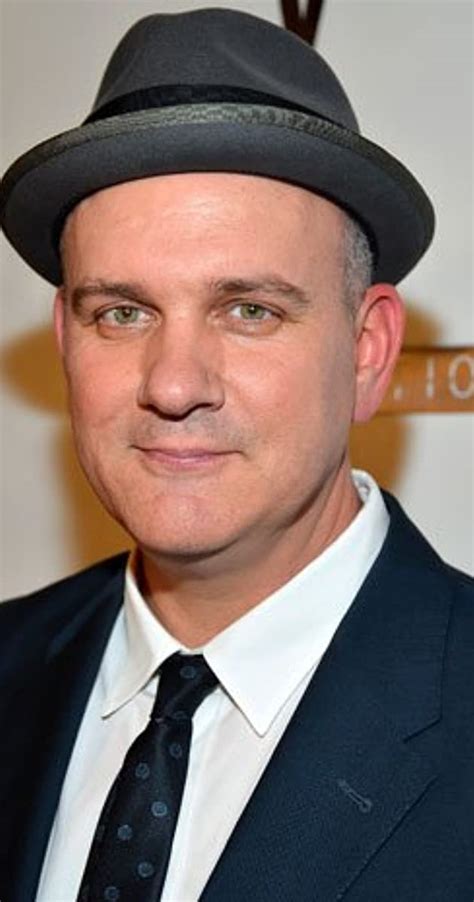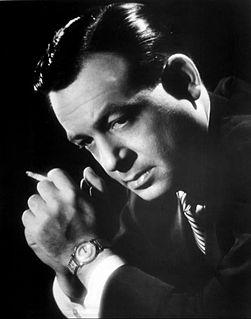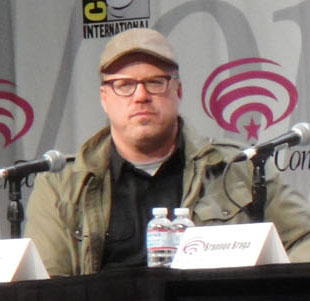A Quote by Michael Sheen
The more you think that you are watching a show about sex, the more you ultimately are watching a show about the challenges of just connecting with human beings and being intimate.
Quote Topics
Related Quotes
But obviously, things have changed in many ways since the '50s, when the show is started, in terms of sexuality, and how much access we have to images of it and information about it. But, the same problems always apply. It doesn't matter whether we know a lot more about sex now or if there's a lot more access to it. The same problems of intimacy, of dealing with other people, of connecting and being vulnerable with other people, which is what the show is ultimately about, still applies now, I think.
It [The Esemblist] is also about the generation of audience members that are watching shows and listening to us at the same time; hopefully, in time, when they listen to our show and then go see a show, they'll realize even more what it takes to make a show, and they'll know even more about everybody on stage, rather than just people above the title of the show.
My experience of working on this show, even though there is so much about sex and sexuality, and we find out a lot of facts and statistics that are very interesting, in their own right, I found that I started talking about relationships more, and the emotions, the difficulties and the challenges. So, I became far more open about that, which I think is probably an indication with the show itself.
I think just having everybody know who you are is more of a challenge. More than anything about it is just knowing people are watching. I know who I am, so it's watching things I say, what I do. Even if I'm in line at one of the rest stops or something, it's just being on my Ps and Qs at all times more than anything.
You think that sense of humor goes as far as our ideology. I think that ultimately, we have we have very interesting reactions on our show. People are constantly saying, "I love your-your show is so funny, until you made a joke about global warming, which is a serious issue, and I can't believe you did that. And I am never watching your show again."
Artists use frauds to make human beings seem more wonderful than they really are. Dancers show us human beings who move much more gracefully than human beings really move. Films and books and plays show us people talking much more entertainingly than people really talk, make paltry human enterprises seem important. Singers and musicians show us human beings making sounds far more lovely than human beings really make. Architects give us temples in which something marvelous is obviously going on. Actually, practically nothing is going on.
My mind is in so many different places while we're shooting. Part of it is watching the performance, part of it is watching the camera, and part of it is thinking about the stuff that we have to get that day. It's always a pleasure watching, but you also take it for granted, when you're on the actual grind, making the show.
And one of the things that's interesting about how they're doing the show is that the audience almost knows more than the characters do in some of these scenes, and the extent of that is unique. So it's grown into a different show in a way. It's sort of grown into a different experience watching it.


































